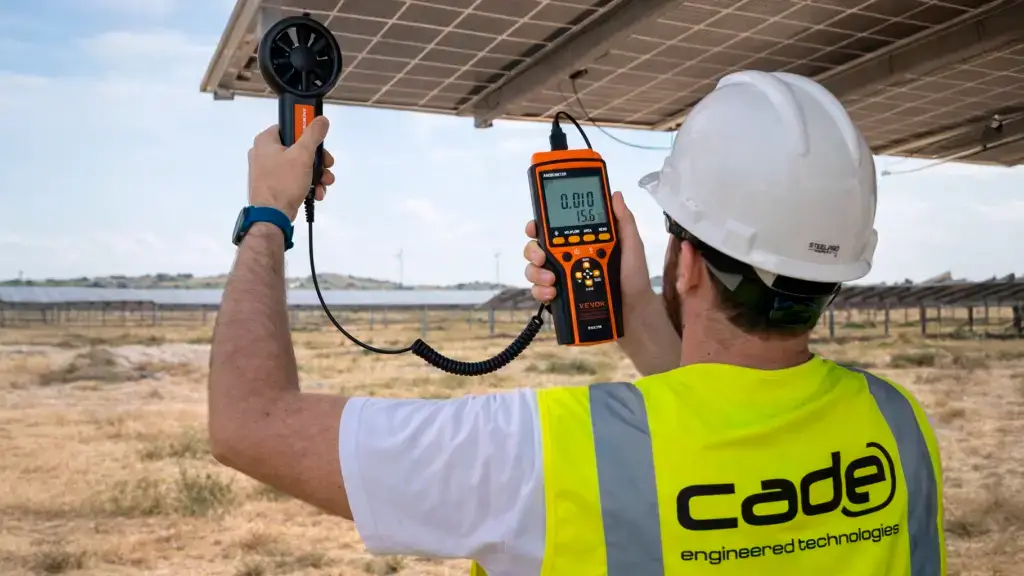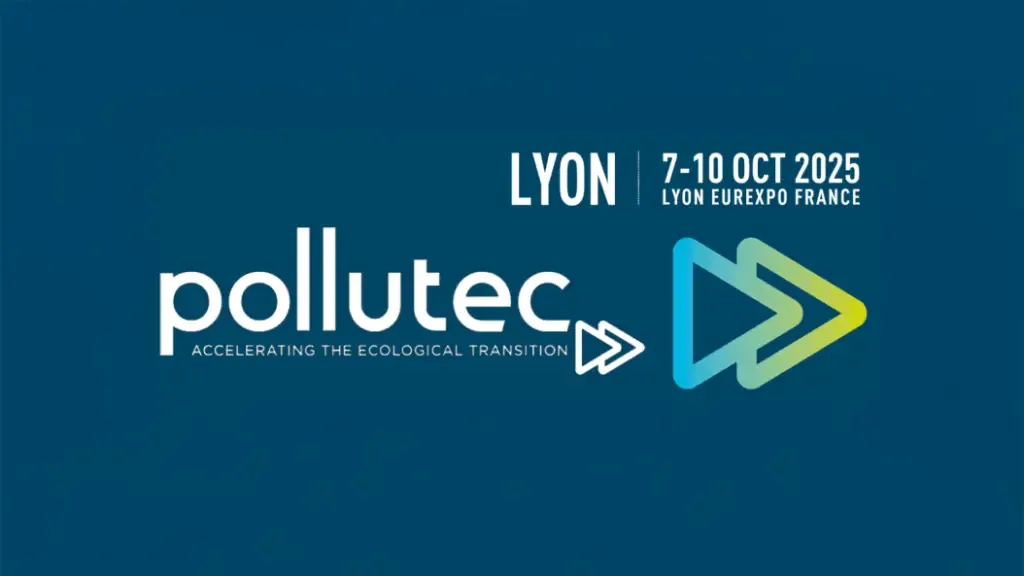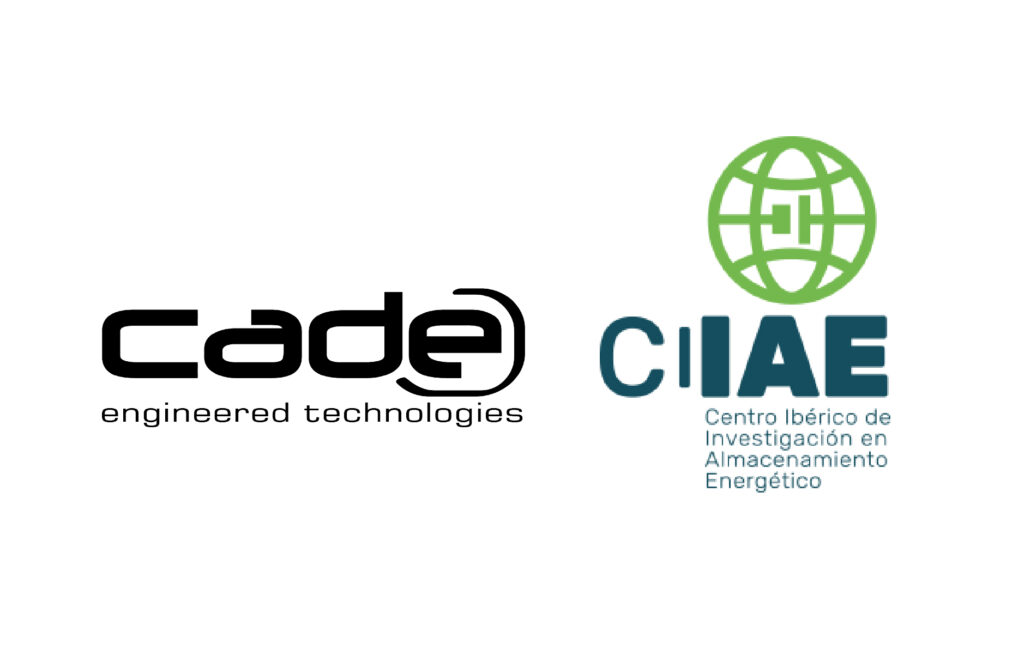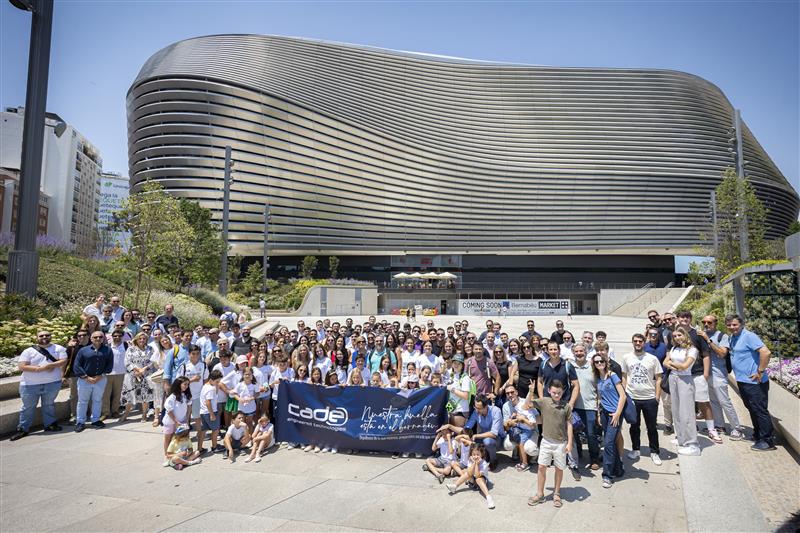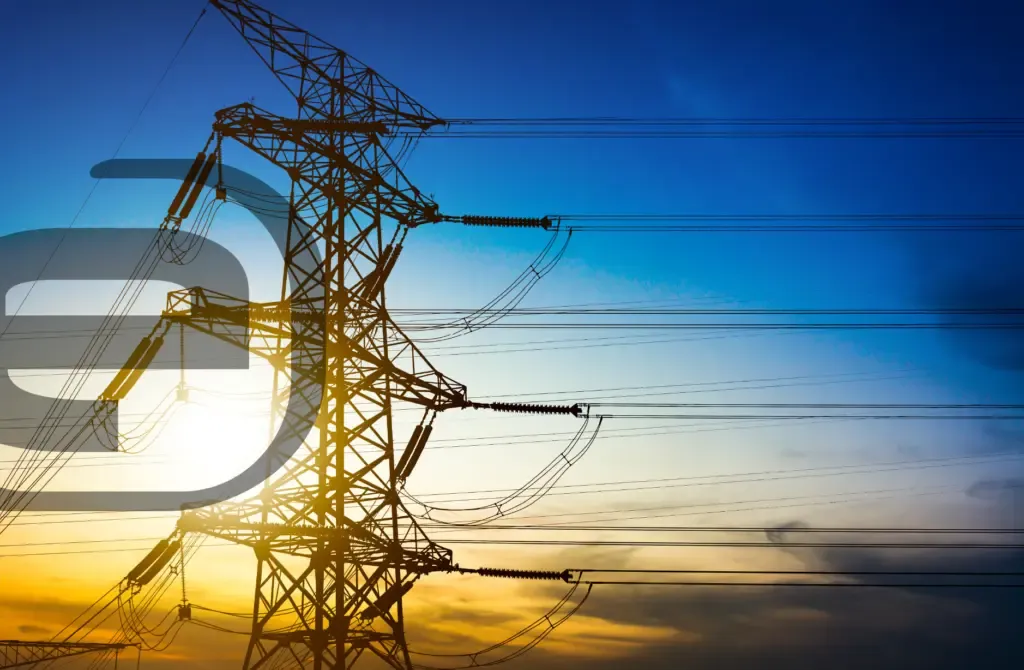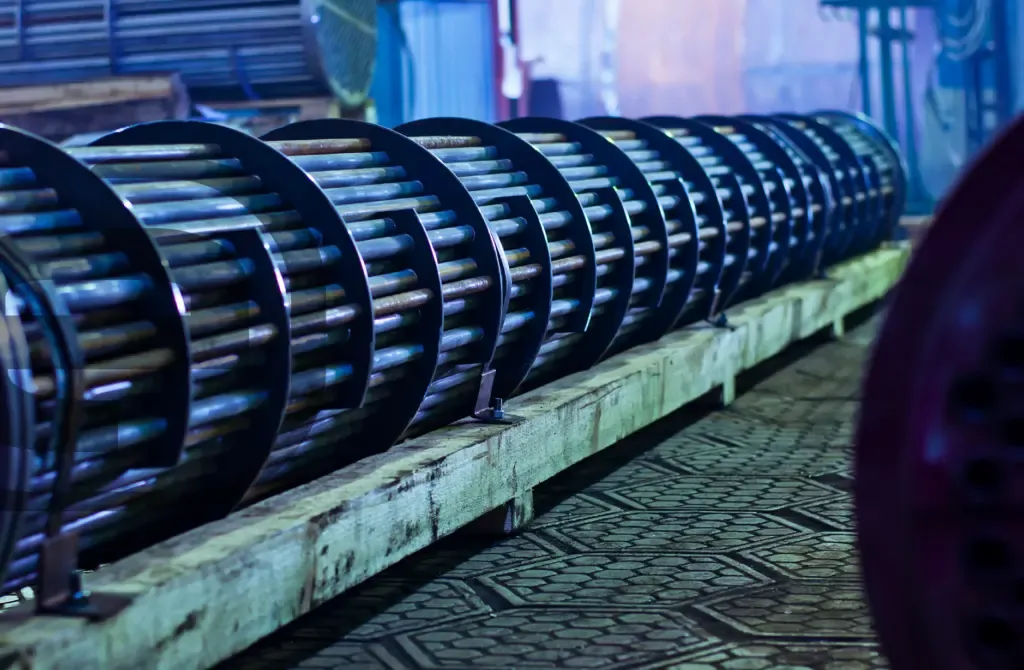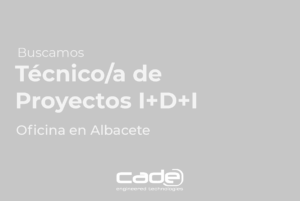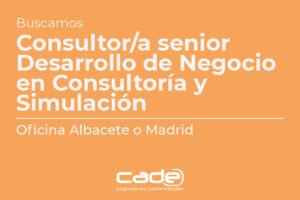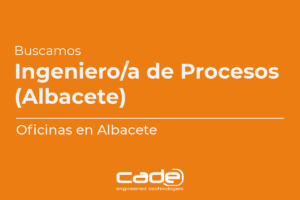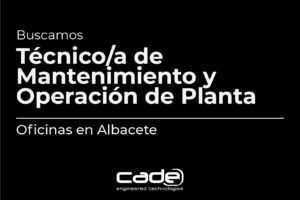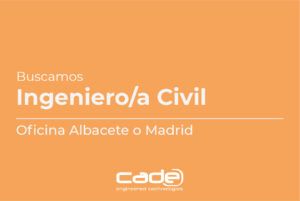OBJECTIVE
For this project, a major manufacturer of process equipment and pressure vessels commissioned CADE to perform the fatigue validation of the design of a reactor intended for installation in a petrochemical plant.
The validation of the mechanical design, previously developed by the manufacturer, was carried out in accordance with ASME VIII Div.2 (“Fatigue Assessment – Elastic Stress Analysis and Equivalent Stresses”), based on the design specifications provided by the end user and the process licensor. The design conditions related to cyclic service (T + P) were also considered. The finite element simulation tool ANSYS was used for the analysis.
METHODOLOGY AND ANALYSIS
To perform the design validation, CADE carried out an initial assessment (Fatigue Screening) according to the prescriptions of the applicable design code, to determine whether, based on the materials, design conditions, and expected number of cycles, a detailed fatigue analysis was required.
The results obtained from this initial screening indicated the need for a detailed fatigue analysis of the equipment. To that end, the following types of analyses were performed:
Transient thermal analysis considering the thermal and mechanical load cycles.
Static structural analysis to determine the alternating stresses (Sa) resulting from the operating and regeneration cycles of the equipment.
These alternating stresses enabled the validation of the equipment design against fatigue failure for the specified design conditions, also allowing the determination of the damage and the maximum allowable number of cycles for the equipment.
EXPERIENCE
CADE has over 15 years of experience in the design and validation of process equipment, pressure vessels, heat exchangers, and storage tanks, among other equipment. CADE offers specific capabilities and tools for thermal, hydraulic, and mechanical design, as well as advanced analysis and simulation (FEM/CFD) in compliance with the most common codes and standards in Oil & Power industries (TEMA, API, ASME VIII Div.1 & 2, AD2000, EN13445, etc.). Its regular clients include equipment manufacturers, engineering firms, EPC companies, and plant owners.

